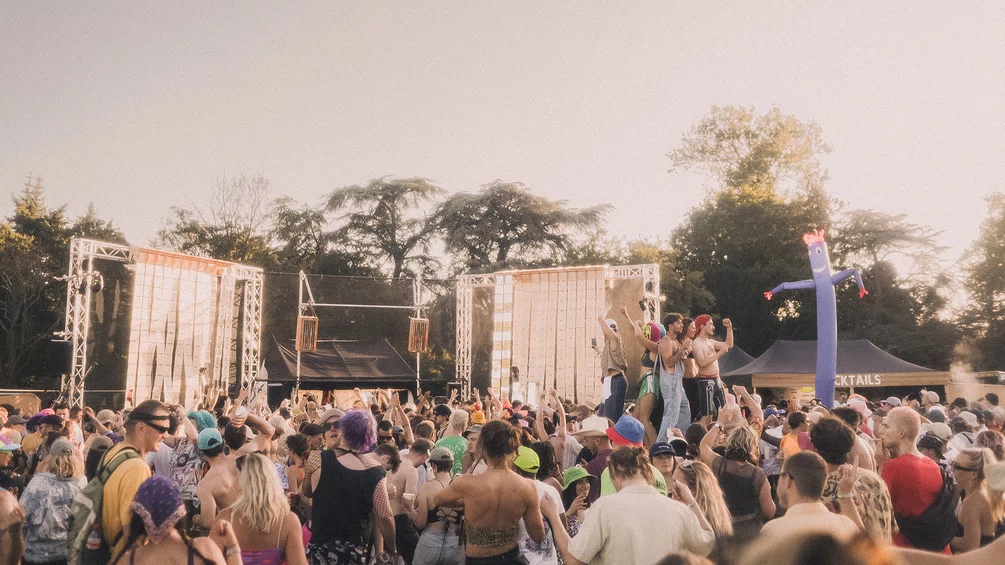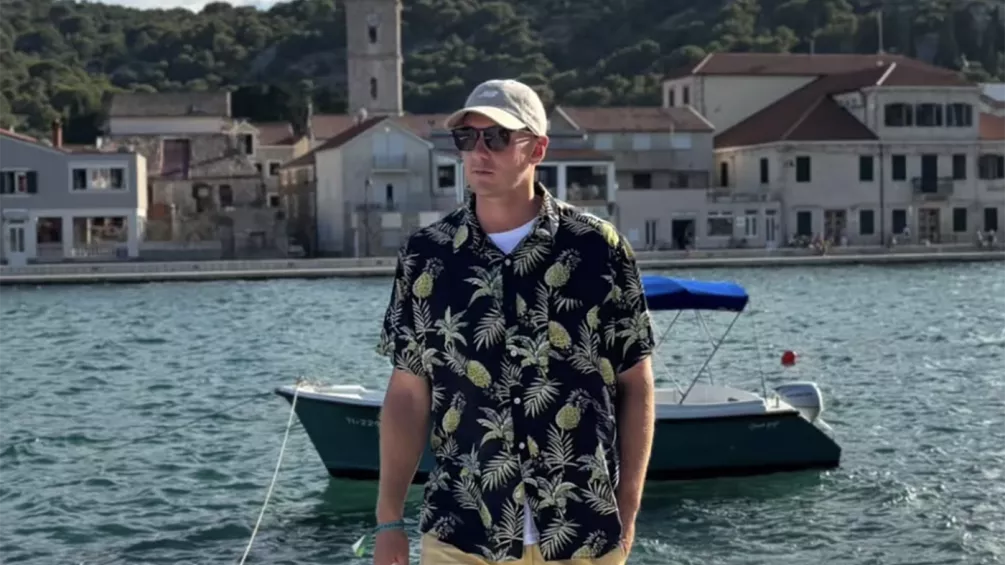
Fields of dreams: how do we save the UK festival sector?
Each story is as unique as the voices telling them, but everyone in this sector is united in working to find new ways of overcoming the challenges. For Clarke, more transparent conversations with artist agents and suppliers, and finding a fairer middle ground on costs, is a priority. Kibasi believes more honesty with the public about profit margins will also help, asking, rhetorically, what people would say about pricing if they could see where their money actually went.
Sturgeon suggests more collaboration, sharing equipment, learnings, and creative elements. Secret Garden Party, an event she’s worked with extensively, wants to facilitate this, inviting smaller events to use its site following extensive infrastructure investment. Taking place at a location in which roots can take hold, it’s another revenue stream for one of Britain’s leading independent events.
SGP’s bookers are also swerving huge acts in favour of grassroots talent. Spearheaded by the Chai Wallahs stage team, the Drop A Headliner initiative dares to ask punters if they’d rather see a small number of big names – at a cost of up to £150,000, roughly £2,500 per minute – or have that money redistributed to let them see up 222 acts at the same price, providing a combined 266 hours of entertainment. We’ll know next month how the risk pays off.
Elsewhere, Peplow is part of the Independent Festival Network, where promoters can source, or offer out, equipment, knowledge and more. Everyone we speak to agrees that a three-year VAT reduction on tickets, from 20 to 5%, could be a lifeline. Most emphasise this must be a limited offer, targeted where it’s most needed. Giants like Live Nation — involved in 30% of all UK festivals with an annual global turnover of $3.8 billion — need not apply.
Whether the Association of Independent Festivals can succeed with its tax break campaign is anyone’s guess, but CEO John Rostron says the government is listening, and understands an industry worth close to £5 billion, employing tens of thousands of people, cannot function when the average event cancellation comes down to ticket sales falling by just 5%.
“The speed of festival casualties in 2024 shows no sign of slowing,” he said in a recent statement. “We are witnessing the steady erosion of one of the UK’s most successful and culturally significant industries not because of a lack of demand from the public but because of unpredictable, unsustainable supply chain costs and market fluctuations. In asking for a temporary reduction in VAT related to ticket sales, we have provided the Government with a considered, targeted and sensible solution, which would save this important sector. We need action now.”
When we speak to him, he points to the Supporting Grassroots Music fund as an early fruit of ongoing conversations with the UK government. The scheme remains open for events in 2025, but demand outstrips supply, and if Covid-19 taught us anything, it’s that navigating the box-ticking and paperwork required to evidence eligibility and legitimacy for such things can present its own challenges.
Faced with all this, we need to ask what it is we want to see: a festival culture with room for diversity, creativity and uniqueness that encourages varied participation? Or one that undervalues individuality, and out-prices many of its most integral individuals – promoters and punters alike? Tragically, the question reflects wider issues beyond parties and music. Today, society’s haves really have, and the have-nots increasingly do not. As we consider how enormous the gap between these worlds has become, Clarke’s words echo in our mind: “The way football’s gone [with money], I could see that happening to electronic music festivals.”
It may seem like a bleak vision for the future of festivals, but organisers and attendees alike still have a chance of averting this through bold new ideas, collectivism and support for these events and all they contribute to our lives.
Find out more information and donate to the 5% For Festivals campaign here.





